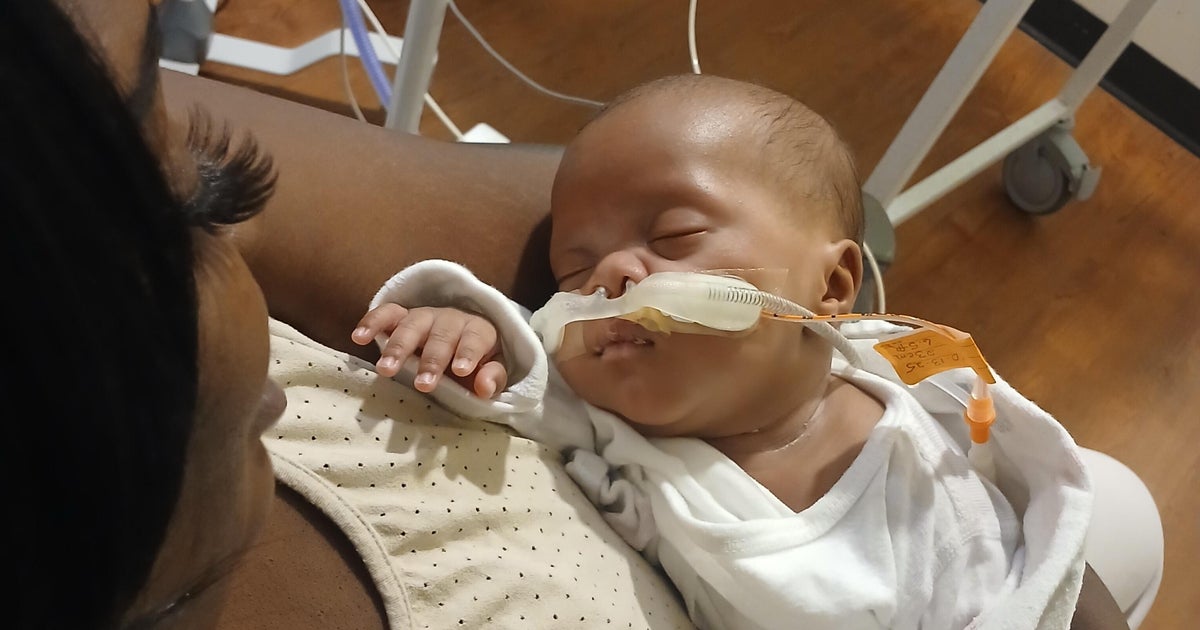Debate Over Antidepressants In Pregnancy Ongoing
 WebMD Medical News
WebMD Medical News
Reviewed by Louise Chang, MD
Oct. 31, 2012 -- The debate over the safety of antidepressants during pregnancy has been going on for a long time, and a new review may keep the debate alive a while longer.
The research review finds little evidence that the most widely prescribed class of antidepressants benefits pregnant women and growing evidence that they cause harm.
But one expert calls the findings "nonsense."
Investigators of the review concluded that selective serotonin reuptake inhibitor (SSRI) antidepressants should be prescribed "with great caution" during pregnancy.
They point to studies that have linked SSRI in pregnancy to preterm birth, miscarriage, and autism and developmental delays.
“We have never before in human history chemically altered fetal development in the way that we have done with these drugs,” says researcher and ob-gyn Adam Urato, MD, of Boston’s Tufts Medical Center and the Metro West Medical Center. “This is a massive experiment and we don’t know what the outcome will be.”
Review Is 'Nonsense,' Doctor Says
But psychiatrist Kimberly Yonkers, MD, calls the reviewers’ conclusion that women who are pregnant and depressed do not benefit from SSRIs “nonsense.”
Yonkers is a professor of psychiatry and obstetrics and gynecology at Yale University, and she served on a 2009 joint panel of psychiatrists and obstetricians that established guidelines for the treatment of depression during pregnancy.
“For many women with severe major depression, treatment with an antidepressant is not optional, just like treatment with insulin is not optional for a woman with (type 1) diabetes,” she says. “To give these women the message that treatment is optional and that it doesn’t work anyway does us all a disservice.”
Millions of Pregnant Women Have Taken SSRIs
Since the introduction of Prozac in 1987, millions of pregnant women have taken SSRI antidepressants. They are the most prescribed drugs among people aged 18-44.
Women who have trouble getting pregnant and who are being treated for infertility may be especially vulnerable to depression, says review co-author Alice Domar, PhD, who is executive director of the Domar Center for Mind/Body Health at Beth Israel Deaconess Medical Center’s Boston IVF.
When she analyzed electronic data from the center, she found that around 1 in 10 infertility patients were taking an SSRI for depression.
Domar, who is a psychologist, says she has long suspected that antidepressant use is linked to lower pregnancy rates among women undergoing infertility treatments.
But she acknowledges that there is little research to show this because few of the studies of antidepressant use have involved infertile women.
SSRIs Linked to Worse Birth Outcomes?
Domar says there is mounting evidence linking SSRI use during pregnancy with poor birth outcomes, including miscarriage, early delivery, and a rare but potentially life-threatening condition known as persistent pulmonary hypertension.
A study published last year also raised concerns that SSRI use during pregnancy may be associated with an increased risk for autism, but researcher Lisa A. Croen, PhD, says the findings are preliminary and more research is needed to confirm them.
“This was the first study to show this association, and it has to be replicated,” she says.
Domar agrees that for many women with major depression -- especially those who are suicidal -- treatment with SSRIs during pregnancy may be unavoidable.
“We don’t want every pregnant woman to stop taking her medication,” she says. “But for women with mild to moderate depression, there are very effective alternatives to these drugs.”
These alternatives include psychotherapy, especially cognitive behavioral therapy (CBT), a time-limited, goal-oriented type of talk therapy..
Yonkers says she uses CBT to treat women with mild-to-moderate depression who want to avoid taking antidepressants during pregnancy.
The 2009 joint panel report from the American Psychiatric Association and the American Congress of Obstetricians and Gynecologists concluded that many women can safely stop taking antidepressants during pregnancy, under the guidance of a doctor.
The exceptions include women with bipolar disorder, those who experience psychotic episodes, and those who are suicidal or have a history of suicide attempts.
The panel concluded that women with severe depression should not attempt to go off their antidepressants during pregnancy.
“We tried to drive home the point that this is not a one-size-fits-all disease,” Yonkers says. “My patients know their bodies and they know what they can contend with. What’s right for one woman may not be right for another.”







